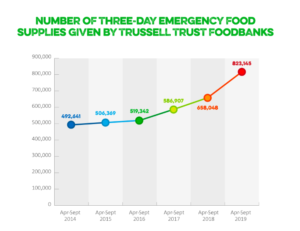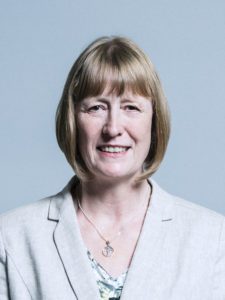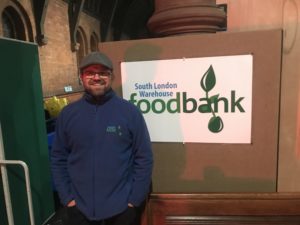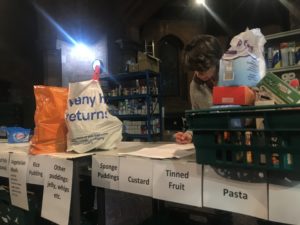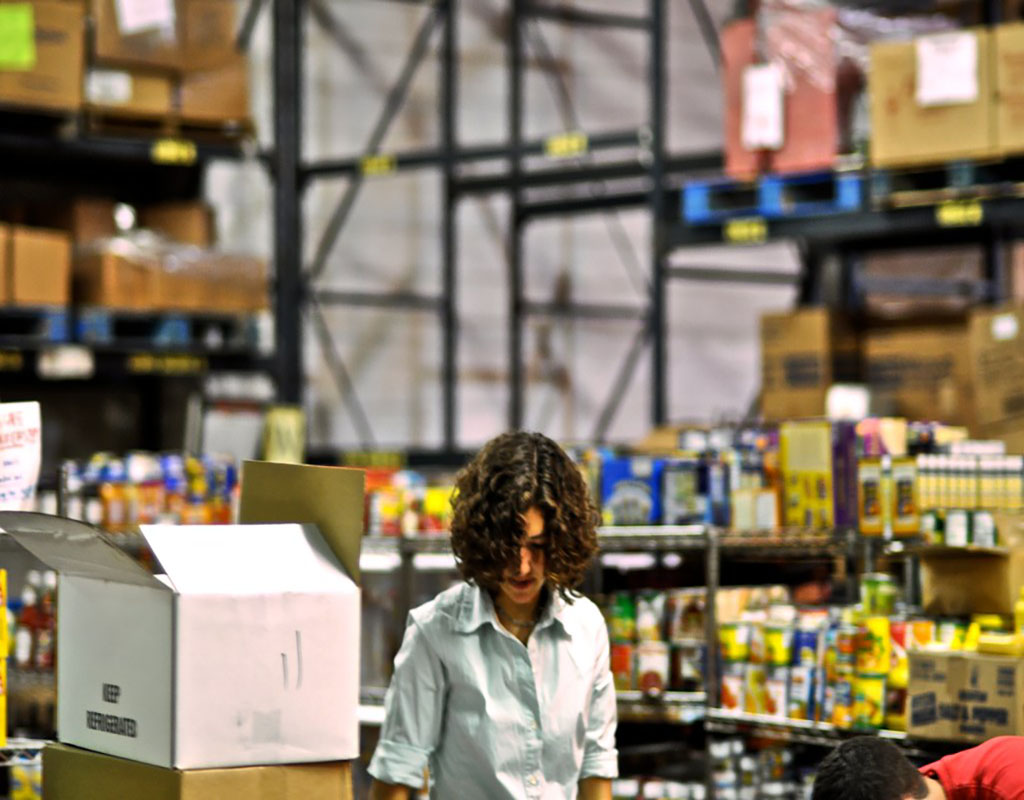

The UK government should have food poverty high on their agenda as need for food banks reaches a 5-year peak, according to a recent report by NGO Trussell Trust.
The trust’s Chief Executive Emma Revie said in the report: “More people than ever before are being forced to food banks’ doors. Our benefits system is supposed to protect us all from being swept into poverty – thousands are not receiving sufficient protection from destitution”.
The need for emergency food provisions has spiked 23 per cent in the last year, according to a recent data release from the trust, which runs 58 food banks in London.
One of the factors contributing to this spike is the current universal credit system, according to the trust. With the current payment schedule for those claiming universal credit, some families can be left waiting for 5 weeks.
According to Revie: “What we need now, as the country heads into an election, is a pledge from politicians on all sides to protect people from hunger by making sure everyone has enough money for the basics”
Talking to Raven News, the Independent Group’s Joan Ryan who was incumbent for Enfield North prior to the upcoming election, said: “Too many hard-working families are struggling to put food on the table and feed their children… We require a fairer, better benefits system, before more families are plunged into poverty”.
Tackling the problem
Coming up with legislation to address food poverty is not simple.
The Sustain food alliance is another NGO urging the government to turn their attention to food security. In October, they published a manifesto for all political parties to consider. Among many things, they want parties to:
“Plan for an orderly Brexit, minimising the impact on our food, farmers and fishers”, and “Commit to ending hunger and guarantee every child’s right to food”.
They have also curated “Beyond The Food Bank”, a profile of food poverty in London.

Top 10 London borough’s for improving food security. Sourced from Sustain’s “Beyond the foodbank” document.
These are the top ten boroughs making efforts to help and support people struggling to feed themselves and their families. The ratings are devised by Sustain based on the 10 factors seen in the table.
Lambeth ranks fifth on their list. The borough has 11 food banks in total, which have all seen a steep increase in usage in the last year.
Meeting people beyond the food bank
Raven News visited the Streatham distribution centre and spoke to Eric Radkte, a local business owner who also takes on the responsibility of managing food bank operations at St Margaret’s Church on Barcombe Avenue.
Asked whether he had noticed an increase in food bank usage, Radkte said: “One hundred per cent yes… [the government] need to recognise that there is a huge need”.
Emergency provision centres like the one in Streatham rely almost entirely on individual donations, with almost no support from the central government.
NGOs such as the Trussell Trust and Sustain provide support for vulnerable people who are affected by a lack of food security in the UK. They urge the country’s politicians to take note of the problem at hand.
“If there were some financing so we can create a safe and comfortable environment, that would help us a lot… but you would be amazed by the support we are getting from people and donations”. Eric Radkte, Volunteer Leader at Streatham’s food bank.
For more information on food poverty, where to get involved, and how these NGOs believe the government can act to combat the problem, visit:

